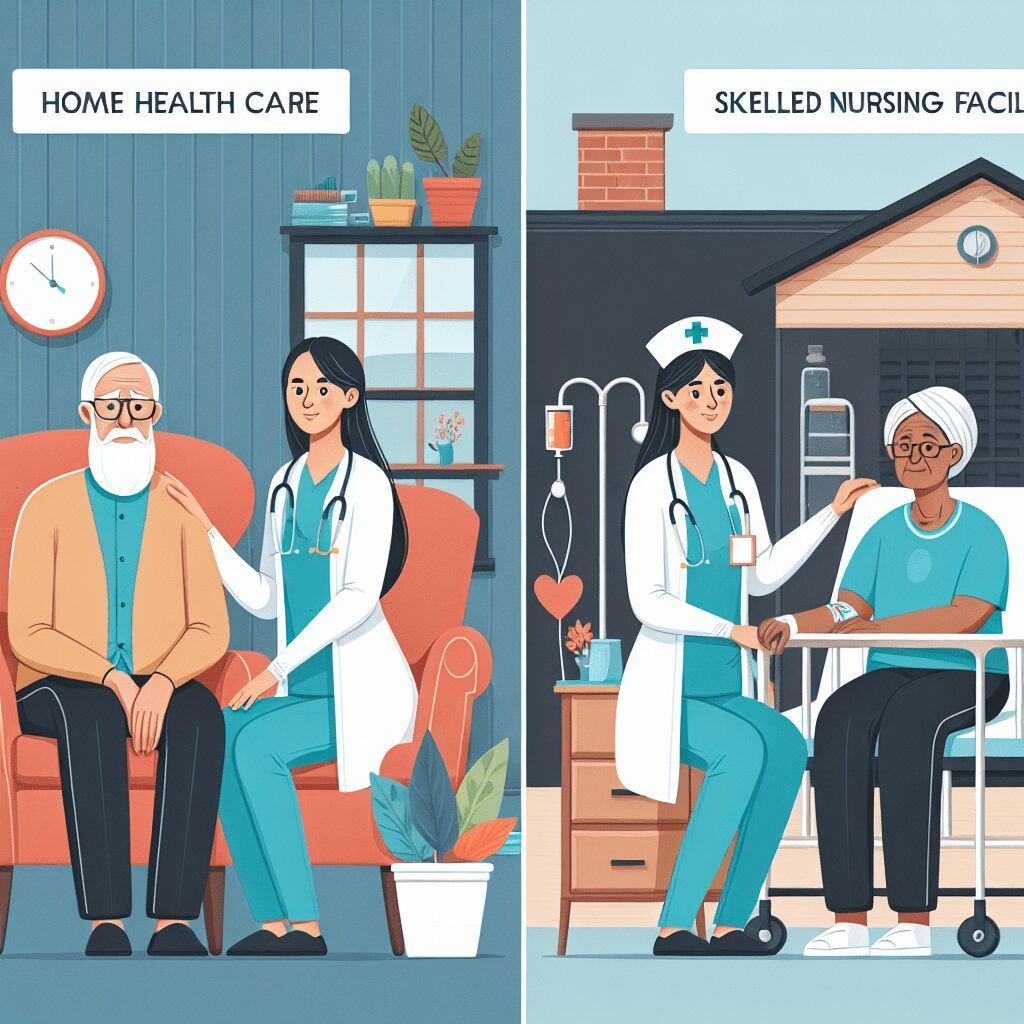Exploring Therapy Interventions for Positive Progress
Therapy interventions are powerful tools used to help individuals make positive progress in their emotional, psychological, and behavioral well-being.
Therapists use a variety of techniques like cognitive-behavioral therapy and relationship-based interventions to address issues such as child maltreatment, substance abuse, grief, and career concerns.
By incorporating strategies like interoceptive exposure, grief therapy, and marriage counseling, therapists create a safe and transformative environment for clients to work through their challenges.
Let’s explore some of the key therapeutic interventions and skills that therapists use to support their clients on their journey to healing and growth.
Exploring Therapy Interventions for Positive Progress
Therapy interventions can help individuals seeking treatment. Therapists use techniques like cognitive-behavioral therapies, trauma-focused CBT, and attachment-oriented interventions to address emotional and psychological issues.
Other interventions like group therapy, drama therapy, and music therapy can aid in behavior change and goal achievement.
Positive psychology focuses on clients’ strengths and resilience. Therapists who integrate this approach can help clients build social skills, cope with stress, and improve overall well-being.
Therapists can effectively incorporate counseling interventions by actively listening, setting clear goals, and using tailored methods backed by research. By leveraging psychoeducation, active listening, and goal-setting, mental health professionals can guide clients toward positive outcomes, reducing symptoms of depression and anxiety.
Counseling Interventions for Positive Progress
Attachment-Based Therapy
Attachment-based therapy focuses on attachment styles and relationships. It promotes secure attachments and emotional healing.
In this therapy:
-
Past relationship patterns are explored.
-
Trust is built through consistent interventions.
-
Healthy communication skills are fostered between clients and caregivers.
Clients can understand their emotions in a safe space. Therapy helps change negative patterns for better mental health.
Active listening, empathy, and positive psychology are key. They support clients in therapy goals and relationships.
Attachment-based therapy is important for securing attachments, addressing issues, and ensuring the well-being of therapy clients.
Grief Therapy
Grief therapy helps people process their emotions and navigate grief.
Techniques like creating memory books and using directed imagery can help clients cope with loss.
These interventions create a safe space for expression and healing.
Grief therapy also helps clients understand and manage emotions for better mental health and wellbeing.
Therapeutic interventions focus on addressing grief and loss to help individuals heal emotionally.
Therapeutic Interventions for Mental Health Challenges
Depression Treatment Strategies
Effective depression treatment strategies include:
-
Cognitive-behavioral therapies
-
Psychoeducation
-
Behavioral interventions
These therapy interventions help clients:
-
Understand their emotions
-
Change behaviors
-
Achieve their goals in the treatment plan
By incorporating techniques like:
-
The Miracle Question
-
Positive psychology
-
Active listening
Therapists can:
-
Create a secure attachment with clients
-
Promote mental health flourishing
Therapy sessions focusing on:
-
Stress management
-
Social skills
-
Behavior change
Are beneficial in addressing depression. Modalities such as:
-
Drama therapy
-
Music therapy
Offer creative ways to:
-
Explore emotions
-
Promote wellbeing
Peer relationships and psychosocial interventions also:
-
Play a crucial role in reducing delinquency
-
Reverting depression symptoms
Overall, therapy interventions are:
-
Essential in providing clients with the skills and understanding
-
Needed to manage depression
-
Improve their mental health outcomes
Anxiety Intervention Techniques
Effective anxiety intervention techniques in therapy:
-
Cognitive-behavioral therapies
-
Attachment-oriented interventions
-
Interoceptive exposure
These techniques help clients manage emotions and stress levels. Therapy interventions provide tools and strategies to cope with difficult emotions and thoughts.
Behavioral therapies are key in addressing anxiety:
-
Exposure therapy
-
Systematic desensitization
-
Positive psychology interventions
These techniques help clients change behavior patterns and achieve therapy goals.
Building secure attachments, enhancing social skills, and using various therapeutic modalities like drama and music therapy can help mental health professionals support clients in managing anxiety and improving overall mental health and wellbeing.
Substance Abuse Counseling
Substance abuse counseling helps individuals struggling with addiction. The therapy sessions focus on understanding the emotions and behaviors behind substance use.
Therapeutic interventions like cognitive-behavioral therapies and positive psychology help set recovery goals. Counselors use techniques such as active listening to create treatment plans addressing mental health needs.
Incorporating modalities like drama therapy and music therapy helps manage stress and promote mental well-being. Counselors assist clients in achieving sobriety goals through psychotherapy and psychosocial interventions.
They focus on peer relationships, creating a secure attachment with clients. This facilitates progress in therapy, addressing issues like depression and anxiety effectively.
FAQ
What are some common therapy interventions used to promote positive progress?
Some common therapy interventions to promote positive progress include cognitive-behavioral therapy (CBT), dialectical behavior therapy (DBT), mindfulness practices, and expressive therapies like art or music therapy.
How can therapy interventions help individuals improve their mental health and well-being?
Therapy interventions can help individuals improve their mental health and well-being by providing coping strategies, emotional support, and tools to manage symptoms. For example, Cognitive Behavioral Therapy can help individuals challenge negative thoughts and behaviors, leading to improved well-being.
What should someone expect during a therapy session focused on positive progress?
During a therapy session focused on positive progress, someone should expect to set achievable goals, discuss accomplishments, and explore strategies for personal growth. The therapist may use techniques such as cognitive behavioral therapy or positive psychology to promote positive change.
How can individuals measure the effectiveness of therapy interventions for positive progress?
Individuals can measure the effectiveness of therapy interventions by tracking their symptoms or goals over time, using tools like mood trackers or goal-setting journals. They can also assess their overall well-being through self-reflection and discussing progress with their therapist.
What are some examples of evidence-based therapy interventions that have been shown to be effective for promoting positive progress?
Examples include cognitive-behavioral therapy for anxiety and depression, exposure therapy for phobias, and dialectical behavior therapy for borderline personality disorder.
The post Exploring Therapy Interventions for Positive Progress first appeared on Home Health & Care Giving Service in Houston, TX.












